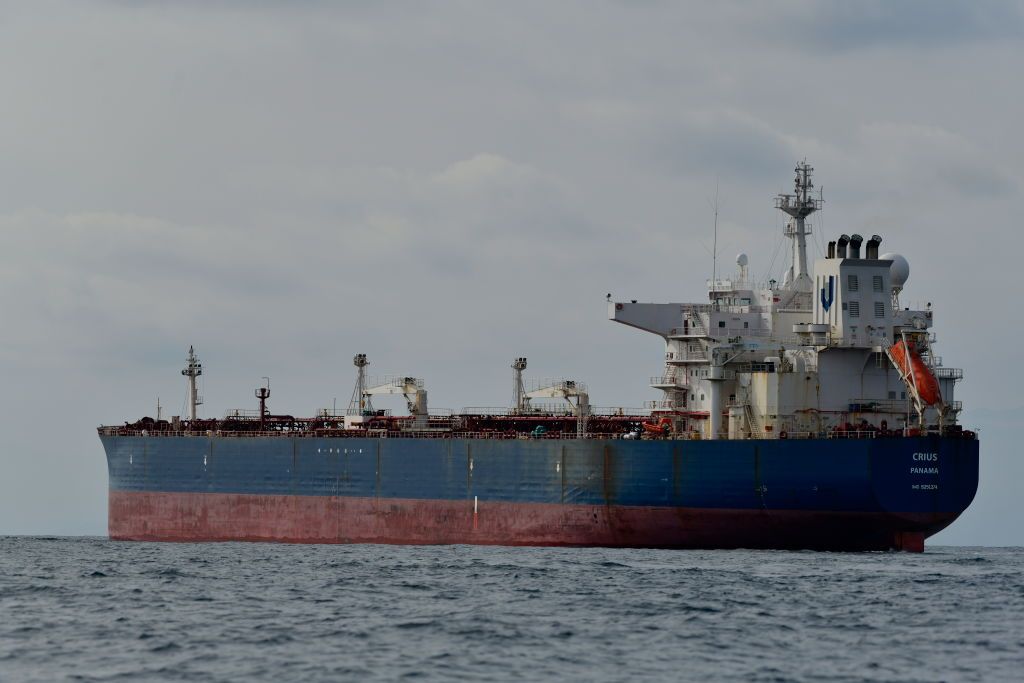Russia wants to unilaterally change maritime border with Lithuania, Finland in Baltic Sea

Editor's note: The article was updated at 11:15 a.m. on May 22 with a public comment from the Lithuanian foreign minister.
Russia has unilaterally moved to change the maritime border with Lithuania and Finland in the Baltic Sea, according to a draft decree from May 21 published on the Russian government's website.
Lithuania and Finland have not yet reacted to Russia's decision toward the maritime border, nor has Russia's unilateral decision been recognized internationally.
Russia intends to appropriate inland sea waters in the eastern part of the Gulf of Finland and near the cities of Baltiysk and Zelenogradsk in Kaliningrad Oblast, according to a decree prepared by the Russian Defense Ministry.
Through the draft decree, Russia aims to change the geographic coordinates, which measure the width of the Russian territorial sea and the area near the coastline and the islands.
Russia intends to change the geographic coordinates near the Sommers, Jahi, Rodsher, Malyi Tyuters, Vigrund, and Gogland islands, as well as the north cape on the Narva River near the state border with Finland.
In its proposed changes, Russia also reconsidered the areas near the Curonian and Vistula splits and the Taran Cape on the border with Lithuania.
The decree read that the previous geographic coordinates were allegedly registered relying on small-scale marine navigation maps, which were based on 20th-century research and "do not allow to determine the external border of the internal sea waters" of Russia.
The valid geographic coordinates, established by a decree of the USSR Ministers Council in 1985, "do not fully correspond to the current geographic situation," the document read.
"Another Russian hybrid operation is underway, this time attempting to spread fear, uncertainty, and doubt about their intentions in the Baltic Sea," Lithuanian Foreign Minister Gabrielius Landsbergis said on May 22.
"This is an obvious escalation against NATO and the EU, and must be met with an appropriately firm response."












